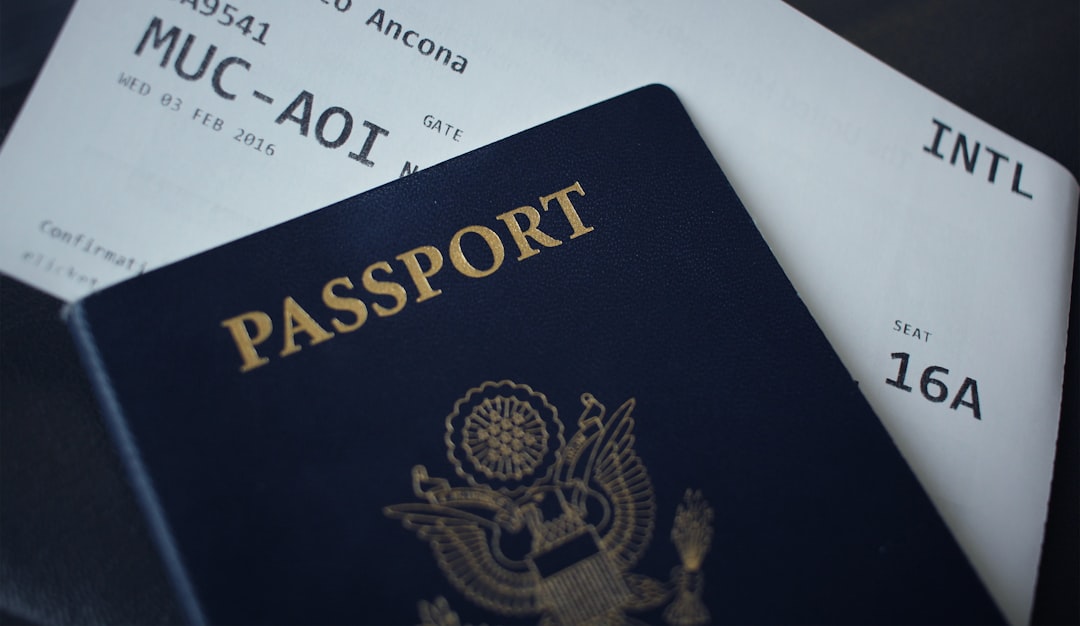Biosecurity Officer Āpiha Ao Koiora
Biosecurity officers check areas of land for harmful animals or plants and arrange for, or help with, pest destruction and control.
Biosecurity officers may do some or all of the following:
- inspect and monitor plants, land and water for pests
- advise landowners to destroy pests and check that they comply with their legal obligations
- remove and destroy pests, or arrange for them to be removed and destroyed by pest control technicians
- gather data from experimental eradication projects
- educate the public about animal and plant pests and how to control them
- prepare reports or charges against any breaches of the Biosecurity Act
- manage pest eradication and restoration projects – for example, planting native plants along a river's edge
- writing and implementing new policy such as national and regional pest management plans.
Physical Requirements
Biosecurity officers need to be reasonably fit and healthy as they often have to work outdoors and walk long distances checking traps at night and in all weather conditions.
Useful Experience
Useful experience for biosecurity officers includes:
- farm work
- plant nursery work
- work with animals
- conservation work
- laboratory or scientific work
- work involving contact with the public
- work handling pesticides and chemicals.
Personal Qualities
Biosecurity officers need to be:
- observant, reliable and responsible
- tactful, firm and calm
- skilled communicators and negotiators.
Skills
Biosecurity officers need to have knowledge of:
- pest plants and animals in their region and the strategies used to eliminate them
- pesticides and how to safely use and handle them.
Conditions
Biosecurity officers:
- usually work regular business hours
- work in offices and outdoors in forests, national parks and on private land where pests are being monitored or eradicated.
Subject Recommendations
To enter tertiary training, NCEA Level 2 or 3 is usually required. Useful subjects include agriculture and horticulture, and biology.
Biosecurity Officers can earn around $65K-$80K per year.
Pay for biosecurity officers varies depending on experience.
- Biosecurity officers usually earn $65,000 to $80,000 a year.
- With more experience and responsibilities, they can earn up to $100,000 or more.
Source: careers.govt.nz research; Department of Conservation (DOC) website, 2023; and Seek, 'Salary Guide', 2023.
With experience, council biosecurity officers can move into:
- team leader or senior management roles
- policy roles
- private consultancy positions.
They may also set up their own pest control businesses.
Years Of Training
3 years of training usually required.To become a biosecurity officer you usually need a Bachelor's degree in a relevant area such as:
- biology
- ecology
- agriculture or horticulture
- the environment.
A Master's degree in biosecurity, ecological science or environmental science is sometimes preferred for more technical roles. You also need to have a current driver's licence.
Some employers encourage, or make it compulsory, for biosecurity officers working with pest plants to get a Growsafe Certificate or National Certificate in Compliance and Regulatory Control – Pest Plant Control (Level 4).

 Hagley Community College
Hagley Community College